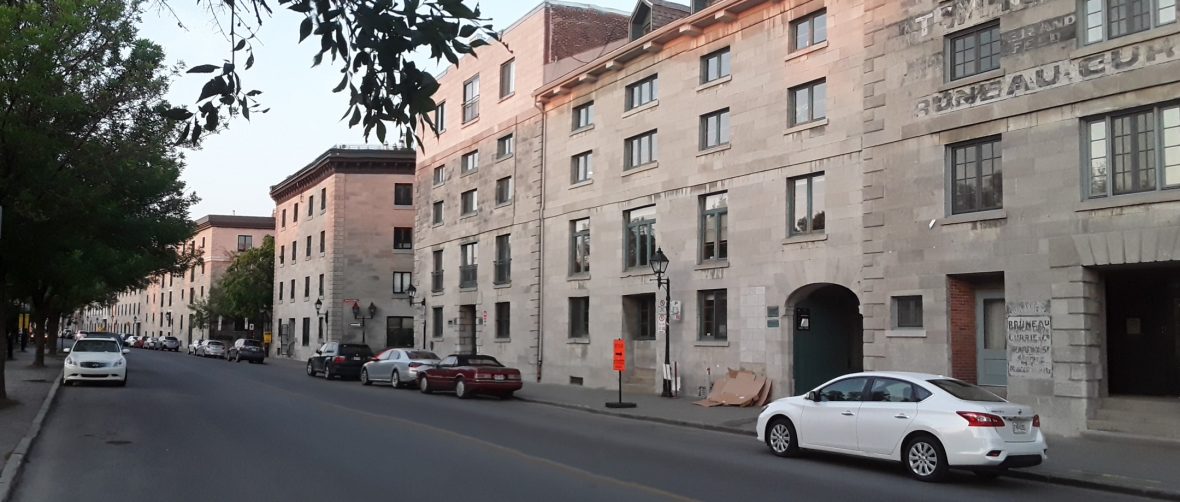In Econolodge v. Lombard GIC (October 19, 2018), the Supreme Court of Canada (on appeal from Quebec and applying civil law, but noted as the same position at common law) has confirmed that an insurer was not in the circumstances entitled to exclude coverage by reason of a care, custody and control exception clause in property and liability coverage. The context was a park-and-fly hotel’s liability toward customers whose cars were stolen from its parking lot.
The insurer argued that it was not liable to indemnify for the theft of customer cars from Econolodge’s parking lot since Econolodge had the care, custody and control of customer cars when the keys were left with Econolodge, and the insurance policies excluded coverage for loss in relation to property which was in the care, custody and control of the insured.
The judgment does not strictly speaking represent new law; its actual rationale in restoring the trial judgment is that the trial judge made no reviewable errors (in the sense of palpable and overriding errors as regards questions of fact or questions of mixed law and fact, or by way of correctness errors as regards questions of law), such that the Court of Appeal was not entitled to intervene.
However the Court took the opportunity to re-affirm a consistent line of authority holding that the bar for falling within the legal definition of care, custody and control is a high one, and that in the circumstances of this case at least, handing over car keys did not put Econolodge over that bar.
The Court noted that the question whether Econolodge had custody of the vehicles was one of mixed fact and law (and therefore subject to the higher reviewability threshold of palpable and overriding error). But it was highly fact-driven (and subject to the same threshold). What was before the Court was the application of the exclusion clause, and not its interpretation (a question of law subject to the lower correctness review threshold). The Court noted various caselaw and other authorities going back to the 1950’s to the effect that legal custody requires that there there must be a sufficient transfer of a real power of preservation, safekeeping, etc., over the property. That was not the case here, where keys were merely handed over to Econolodge during wintertime so that cars could be moved if needed for snow clearing; the power was far too limited.
The Supreme Court is always concerned with underlying policy reasons. Here, the exclusion clause had the purpose of preventing liability coverage from being transformed into property coverage (in this case the property of another). Since liability insurance is not intended to cover the risk of loss of the insured’s property, it was equally not intended to cover the risk of loss of property of which the insured assumes custody; that would be a risk unrelated to the intended coverage.
There was no question about Econolodge’s liability toward the car owners or their insurers; the contract was one for services per art. 2098 of the Civil Code of Quebec, which included an obligation to look after guests’ interests with prudence and diligence in accordance with art. 2100 C.C.Q. The trial judge had held that Econolodge failed to meet that obligation as there was no measure taken to secure the parking lot. There was no inconsistency in that determination and the conclusion that Econolodge did not have custody of the vehicles; the liability arose from the contract for services, while the policy exclusion related to certain property in certain circumstances.

